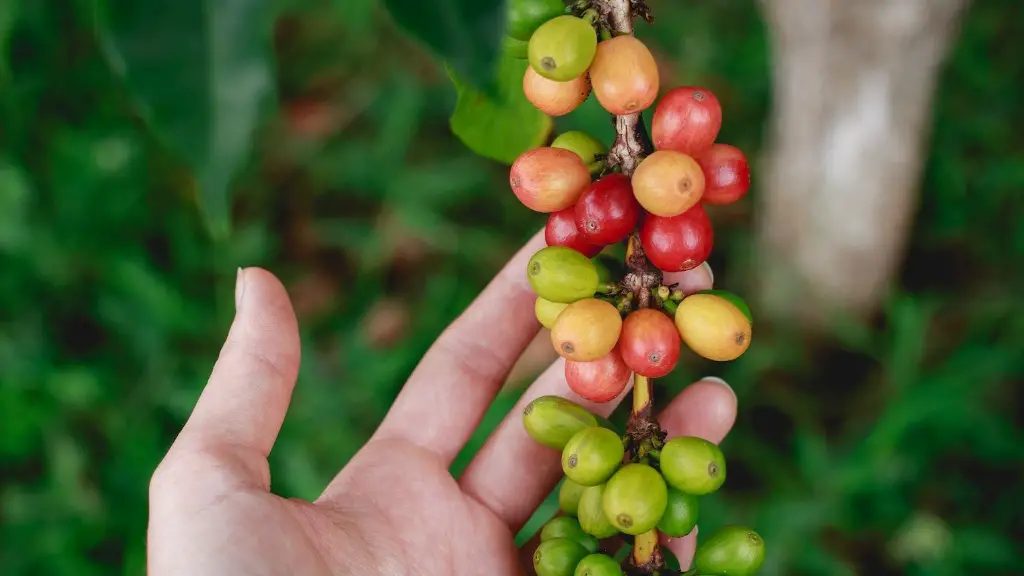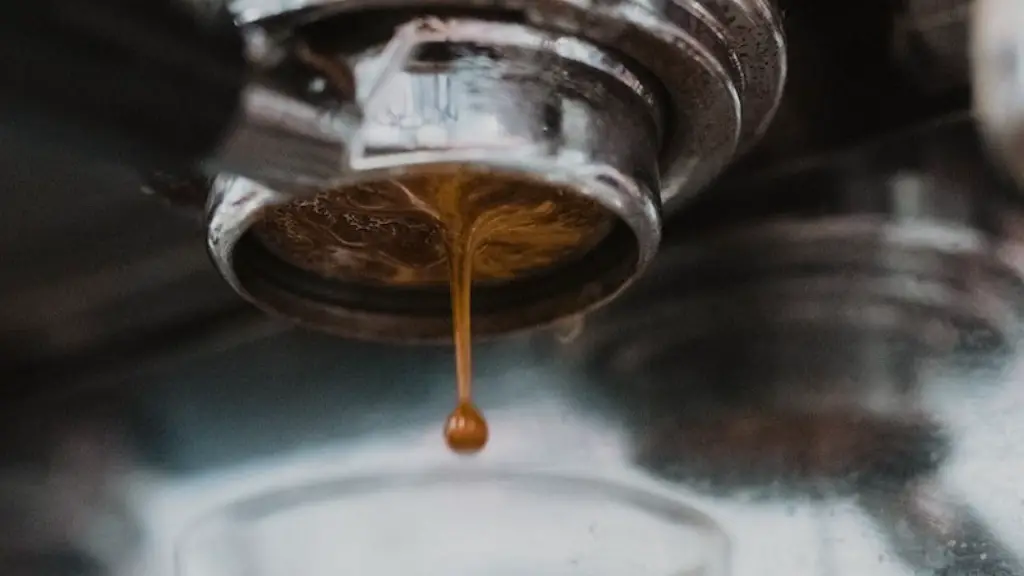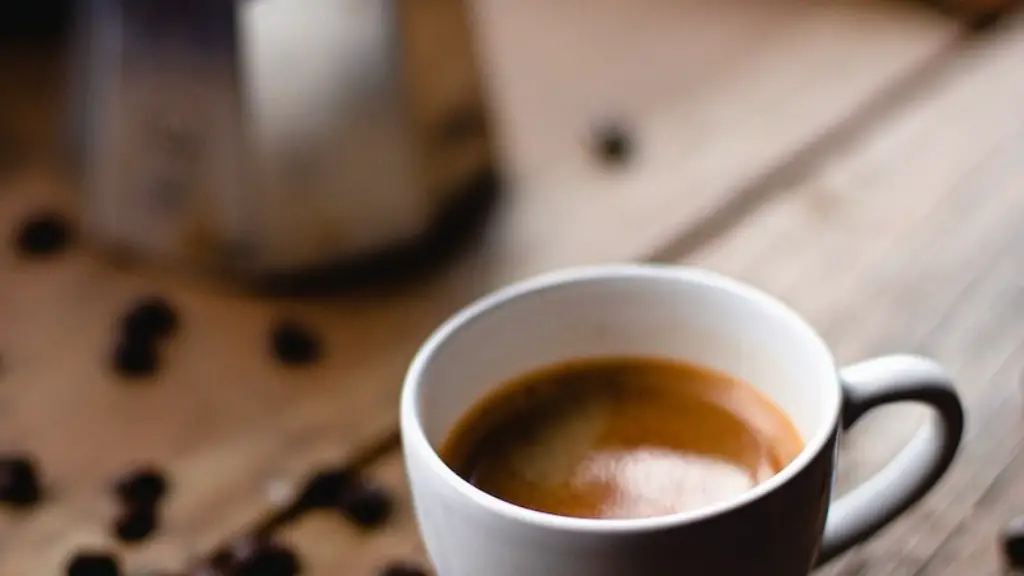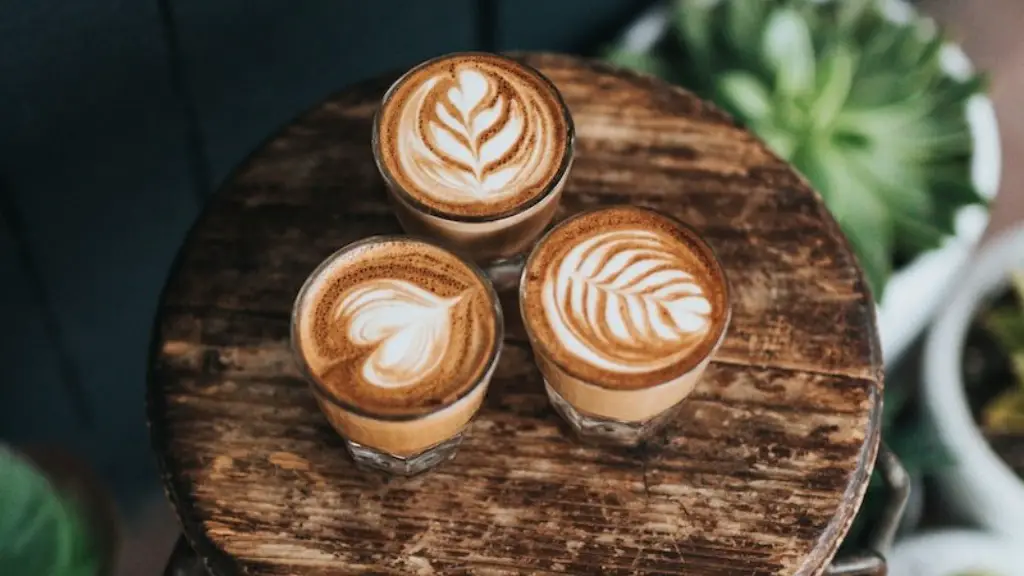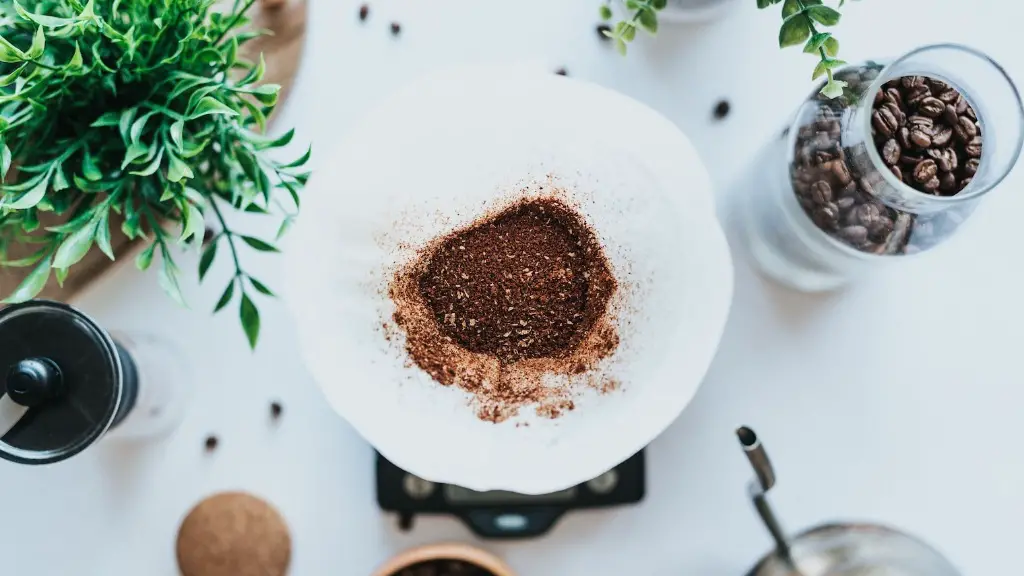Vaccination has become a major part of our lives since the outbreak of Covid-19. Many people are asking if it is safe to drink coffee after getting a Covid vaccine. The answer is yes!
Coffee has been proven to have several health benefits, including reducing risk of diseases like Parkinson’s, Alzheimer’s, and certain types of cancer. While there is no evidence that drinking coffee after getting vaccinated will interfere with the vaccine’s effectiveness, it is important to note that caffeine can cause dehydration, which can reduce your body’s ability to fight off infection. Therefore, it is important to drink plenty of water when consuming caffeine.
Additionally, it is important to avoid drinking too much coffee, as this can lead to increased feelings of anxiety and jitteriness. For those who are already anxious about getting their vaccine, excessive amounts of coffee should be avoided. However, moderate amounts of coffee should not cause any negative reactions after vaccination.
Overall, it is perfectly safe to drink coffee after getting vaccinated against COVID-19. As long as you are drinking in moderation and staying hydrated, your body should be able to handle the effects of the caffeine without any issues.
Risks of Drinking Coffee After Covid Vaccine
It is generally safe to drink coffee after receiving the COVID-19 vaccine. However, some people may experience side effects from caffeine, such as headache, irritability, nausea and restlessness. Therefore, it is important to pay attention to how your body reacts after drinking coffee and adjust your consumption accordingly. Additionally, it is important to stay hydrated while drinking coffee as it can cause dehydration. Caffeine can also interact with certain medications, so be sure to check with your doctor if you are taking any medications.
It is also important to be aware of the potential risks associated with consuming too much caffeine. Consuming large amounts of caffeine throughout the day can increase anxiety levels and disrupt sleep quality. Caffeine can also interfere with iron absorption in the body, which may be problematic for those who are already iron deficient. Therefore, it is important to limit your caffeine intake if you have any underlying medical conditions or take certain medications that could interact with caffeine.
In conclusion, drinking coffee after receiving the COVID-19 vaccine is generally safe for most people. However, it is important to pay attention to how your body responds and adjust your consumption accordingly in order to minimize potential side effects and risks.
Appropriate Timing for Coffee Consumption After Vaccination
It is safe to drink coffee after receiving the Covid vaccine. However, it is important to consider the timing of your beverage consumption in relation to when you received the vaccine. It is best to wait at least 30 minutes after receiving the shot before drinking coffee, as the caffeine may interfere with the body’s ability to absorb and respond to the vaccine. The same applies to other caffeinated beverages such as tea and energy drinks.
Additionally, it is important to consider how much caffeine you are consuming after receiving the vaccine. Caffeine can increase blood pressure and heart rate, both of which can be dangerous if they become too high after receiving a vaccination. Therefore, it is best to limit your caffeine intake following vaccination or opt for decaffeinated drinks instead.
To ensure that your body properly absorbs and responds to the Covid vaccine, it is best to wait at least 30 minutes before consuming any caffeinated beverages such as coffee, tea, and energy drinks. Additionally, be mindful of how much caffeine you consume in order to avoid any potential risks associated with high blood pressure or heart rate levels. It is also recommended that you opt for decaffeinated beverages if you choose to drink something shortly after vaccination.
Alternatives to Drinking Coffee After Receiving the Covid Vaccine
After getting the Covid vaccine, it may be best to avoid drinking coffee right away. Caffeine can cause heart palpitations and increased anxiety, two effects that can be magnified when combined with the potential side effects of the vaccine. Instead of caffeine, there are other alternatives that can provide an energy boost without any adverse reactions.
Drinking herbal teas or decaf green tea is a great way to get a caffeine-free pick-me-up without any added stress. Herbal teas like chamomile, ginger, and peppermint can provide a soothing effect and help reduce stress levels. Decaf green tea has some caffeine but much less than regular coffee, so it’s a great option for those who still want a bit of a kick without feeling anxious or having an elevated heart rate. Another option is indulging in some healthy snacks such as nuts or fruits. Nuts are packed full of healthy fats and proteins that will help sustain energy levels throughout the day. Fruits like apples and oranges have natural sugars that will give you a quick boost of energy when you need it most.
Hydration is also key when it comes to sustaining energy levels throughout the day. Drinking plenty of water will keep your body functioning optimally and help reduce fatigue. Adding some fresh fruit or herbs to your water can make it even more refreshing and enjoyable!
Overall, there are plenty of alternatives to drinking coffee after receiving the Covid vaccine that will keep you energized while avoiding potential negative side effects associated with caffeine consumption. Taking care of yourself post-vaccine is essential, so try out some of these alternatives for yourself!
How to Prepare and Store Coffee After Vaccination
Making a cup of coffee after receiving a COVID-19 vaccination is perfectly safe. However, there are some important steps to consider to ensure the best possible cup of joe. Before you start brewing your favorite blend, it’s important to remember that the vaccine does not change how coffee is prepared or stored. The same methods you use to prepare and store coffee should be followed when making coffee after vaccination.
When selecting a type of coffee, consider your individual preferences and health needs. If you are trying to reduce your caffeine intake, decaffeinated varieties are available. Additionally, many specialty coffees such as organic and Fair Trade-certified can be found in stores or online. Make sure to select a brand that is free from additives and preservatives. Once you’ve selected your preferred type of coffee, it’s time to begin brewing.
The traditional method of making coffee is by using a French press or drip machine. When using a French press, coarsely ground beans should be used for optimal flavor extraction. For those who prefer drip machines, pre-ground beans can be used for convenience. In either case, it’s important to follow the manufacturer’s instructions for proper preparation.
Once the coffee has brewed, it should be stored in an airtight container in a cool dry place away from direct sunlight and extreme temperatures. This will ensure that the taste and aroma of the blend remain intact while preserving its freshness. Additionally, it’s best to use freshly brewed coffee within two hours of preparation for optimal flavor.
By following these simple steps when preparing and storing coffee after vaccination you can enjoy every cup with confidence knowing that you have taken all the necessary precautions for safety and quality.
Can You Drink Coffee After Covid Vaccine?
Caffeine consumption after receiving the COVID vaccine is generally safe, but it is important to understand the effects that caffeine can have on the body. Caffeine is a stimulant, and when taken in moderation it can provide energy and alertness. After receiving the vaccine, your body may be more sensitive to the effects of caffeine, so it may be best to limit your intake. Caffeine can cause dehydration, so it’s important to drink plenty of water throughout the day. Additionally, caffeine can interfere with sleep and rest, which are essential for recovery from any medical procedure or illness.
It is recommended to avoid drinking coffee or other caffeinated beverages for at least 24 hours after receiving the vaccine. This gives your body time to recover and adjust to any changes you may experience after receiving the vaccine. It is also important to note that if you are experiencing side effects from the vaccine such as fever or body aches, consuming caffeine could make them worse. If you do decide to drink coffee after your vaccination, make sure you only consume moderate amounts and stay hydrated.
Effectiveness of Caffeinated Beverages on Immune System Post Vaccination
Caffeinated beverages such as coffee, tea, and energy drinks are widely consumed. Recent research has revealed that these beverages can affect the effectiveness of a vaccine post-administration. Studies have found that caffeine can reduce the expression of certain immune cells, resulting in a decreased response to vaccination. Additionally, it has been shown that drinking caffeinated beverages before or after receiving a vaccine can reduce the efficacy of the vaccine. Therefore, it is recommended to avoid drinking caffeinated beverages for at least one week before and after receiving a vaccine for optimal results. It is important to note that these findings may vary depending on individual health status and pre-existing conditions.
Although there are no definitive studies on whether caffeinated beverages can affect the efficacy of a COVID-19 vaccine specifically, it is advised to take caution and avoid consuming them both before and after receiving the vaccine. This will ensure that your immune system is able to respond effectively to the vaccine and provide you with protection against the virus.
Final Words
It is generally safe to drink coffee after receiving the Covid-19 vaccine, although some people may experience minor side effects such as nausea or upset stomach. It is important to remember that everyone’s body reacts differently to different medications and foods, so it is best to be aware of how your body responds. If you experience any adverse reactions after drinking coffee, you should speak with your doctor. Ultimately, the decision to consume coffee after the vaccine should be made in consultation with a healthcare provider.
